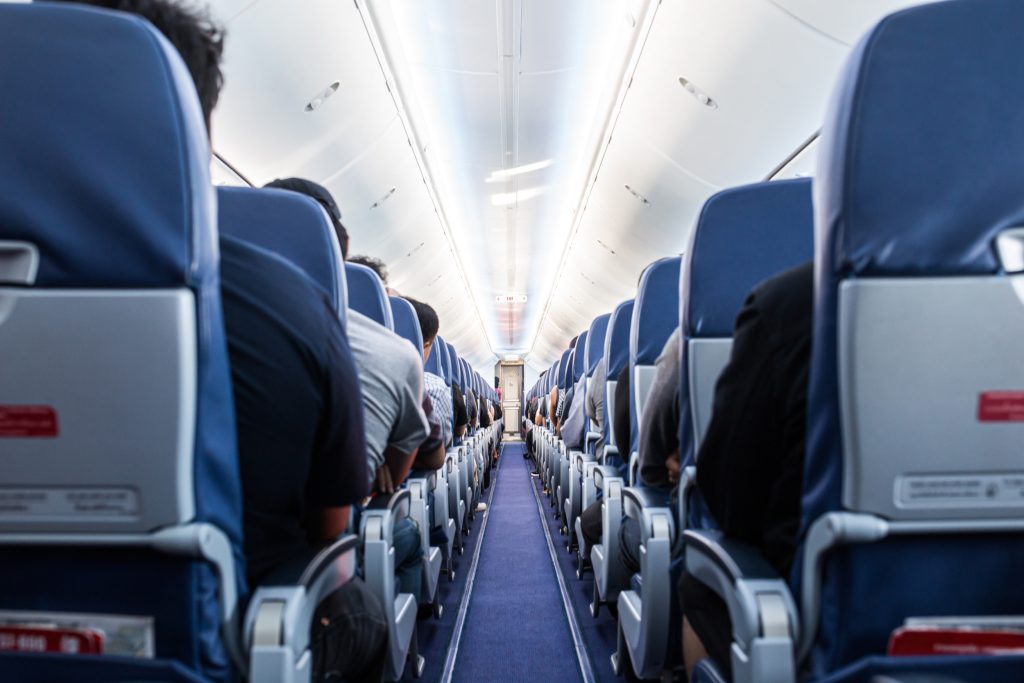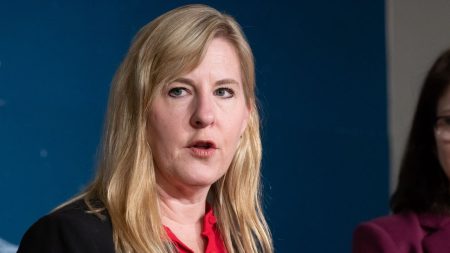This incident highlights the pervasive issue of seat-swapping etiquette on airplanes, a microcosm of social dynamics and individual versus collective responsibility. The Reddit poster, having meticulously chosen a window seat for sentimental reasons, found themselves repeatedly asked to relocate for the convenience of other passengers. First, it was for an elderly woman with dementia and her daughter, then for a couple who hadn’t booked seats together, and finally, for another traveler with an unspecified need. While the poster acquiesced to the first two requests, they drew the line at the third, feeling increasingly put-upon and unappreciated. This sparked a debate among other Reddit users, with some adamantly advocating for passengers to remain in their assigned seats, regardless of others’ circumstances, while others championed a more compassionate approach, suggesting that helping others, even at minor personal cost, is a positive contribution to the overall travel experience. The core dilemma lies in balancing personal entitlements with social responsibility, a tension often magnified in the confined and pressurized environment of an airplane cabin.
The story underscores the frequent lack of gratitude displayed by those who benefit from the kindness of seat-swapping strangers. The original poster received no thanks or compensation from any of the passengers who accepted their offer to move, furthering their frustration. This lack of acknowledgement highlights the sense of entitlement that some passengers may possess, assuming that others should readily accommodate their needs without reciprocity or even a simple expression of appreciation. This transactional view of social interaction contributes to the growing resentment surrounding seat-swapping requests and reinforces the stance of those who refuse to participate. While some may argue that helping others should be its own reward, a simple “thank you” can go a long way in smoothing over the inconvenience and fostering a more positive atmosphere.
The incident also reveals the challenges faced by solo travelers, who often become the default targets for seat-swapping requests. Since they are not perceived as disrupting a pre-existing seating arrangement, they are seen as more readily available to relocate. This perception puts solo travelers in a difficult position, often feeling pressured to comply with requests they would rather decline. They become easy targets for those seeking to improve their own seating situations, often at the expense of the solo traveler’s comfort and preferences. This phenomenon raises questions about fairness and the burden placed on individual travelers to accommodate the needs of others, especially when those needs could have been addressed through better planning.
The online discussion surrounding this incident mirrored similar debates that have arisen from other seat-swapping controversies. Newsweek has reported on several such instances, including one where a passenger faced backlash for refusing to give up their seat for a family and another where a passenger who agreed to switch ended up in a significantly less desirable location. These recurrent disputes underscore the lack of clear etiquette surrounding seat-swapping and the differing expectations passengers bring to the travel experience. Some believe that pre-booked seats are sacrosanct, while others prioritize accommodating families or those with specific needs. This lack of consensus creates ambiguity and potential for conflict, often leaving individuals feeling pressured or resentful.
The varying perspectives on seat-swapping reflect broader societal debates about individual rights versus collective responsibility. Those who insist on remaining in their assigned seats emphasize the importance of personal boundaries and the right to enjoy the experience they paid for. They argue that accommodating others’ needs should not come at the expense of their own comfort and preferences, especially when those needs could have been addressed through pre-planning. Conversely, those who advocate for a more flexible approach emphasize the importance of empathy and helping those in need. They argue that minor inconveniences are a small price to pay for improving the travel experience for others, particularly in situations involving families or individuals with disabilities.
Ultimately, the seat-swapping dilemma reveals a lack of clear guidelines and consistent expectations. Airlines have largely avoided establishing firm rules on the matter, leaving passengers to navigate these situations on their own. This ambiguity creates fertile ground for conflict and resentment, leaving passengers feeling pressured, put-upon, or unfairly burdened. A more defined set of expectations, perhaps incorporating incentives for voluntary seat swaps or more proactive intervention by airline staff, could help mitigate these conflicts and foster a more positive and considerate travel environment. Until then, the delicate dance of seat-swapping etiquette will likely continue to be a source of frustration and debate among air travelers.










